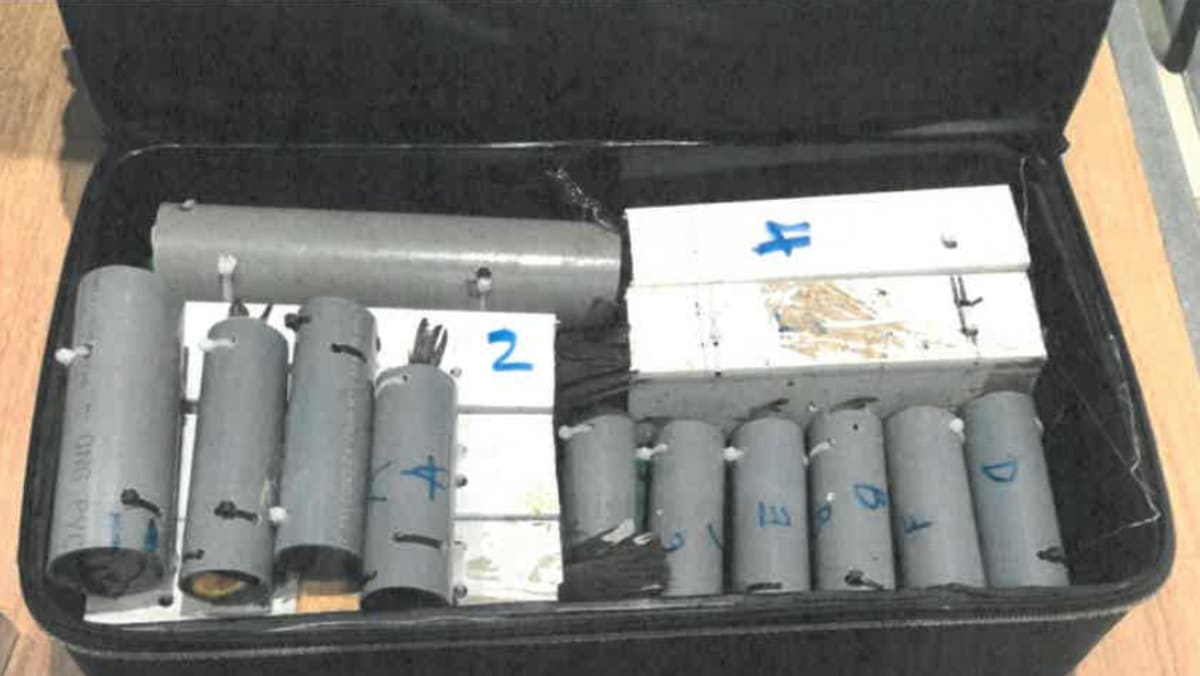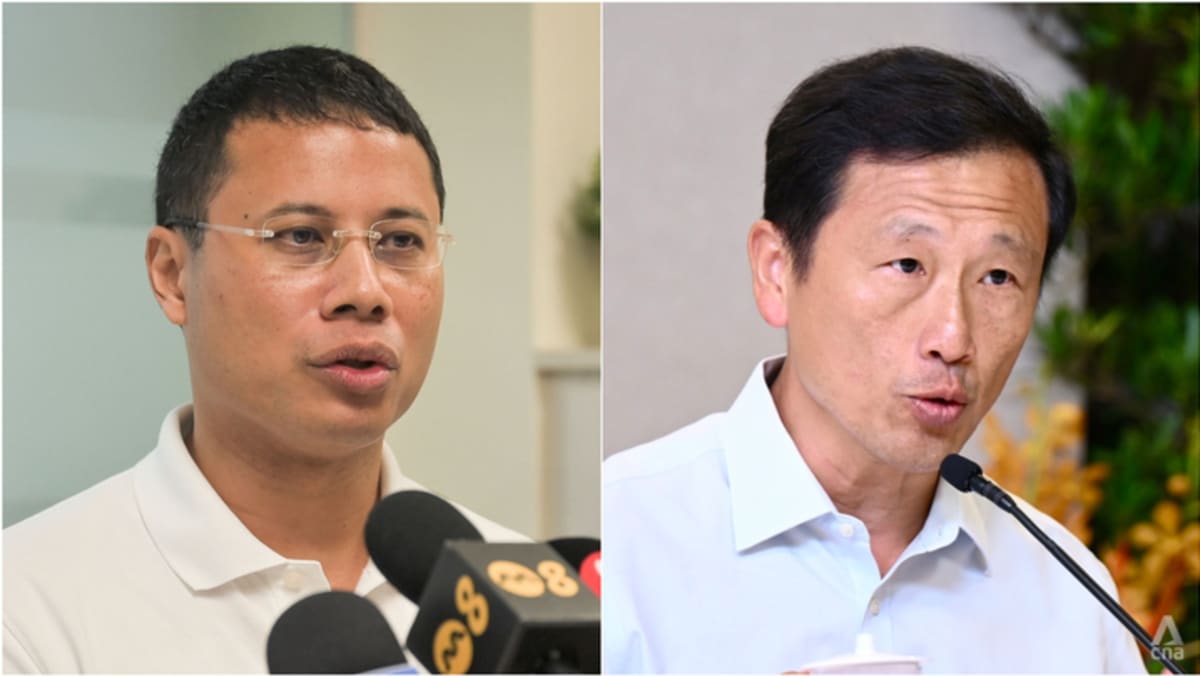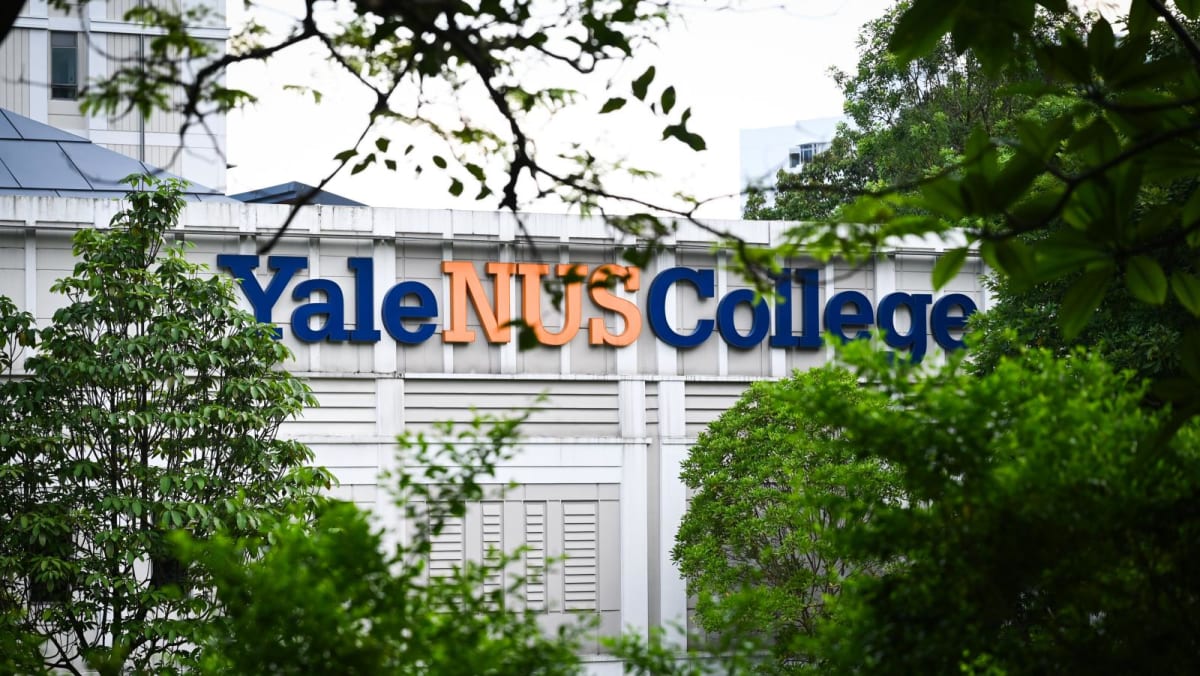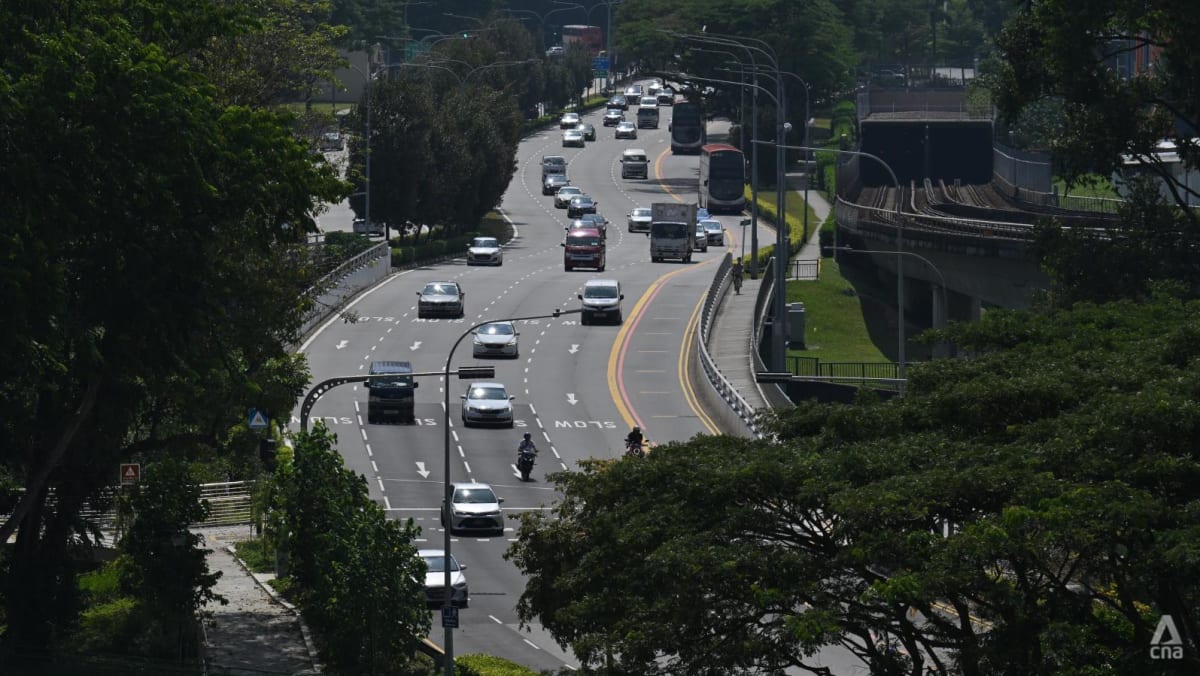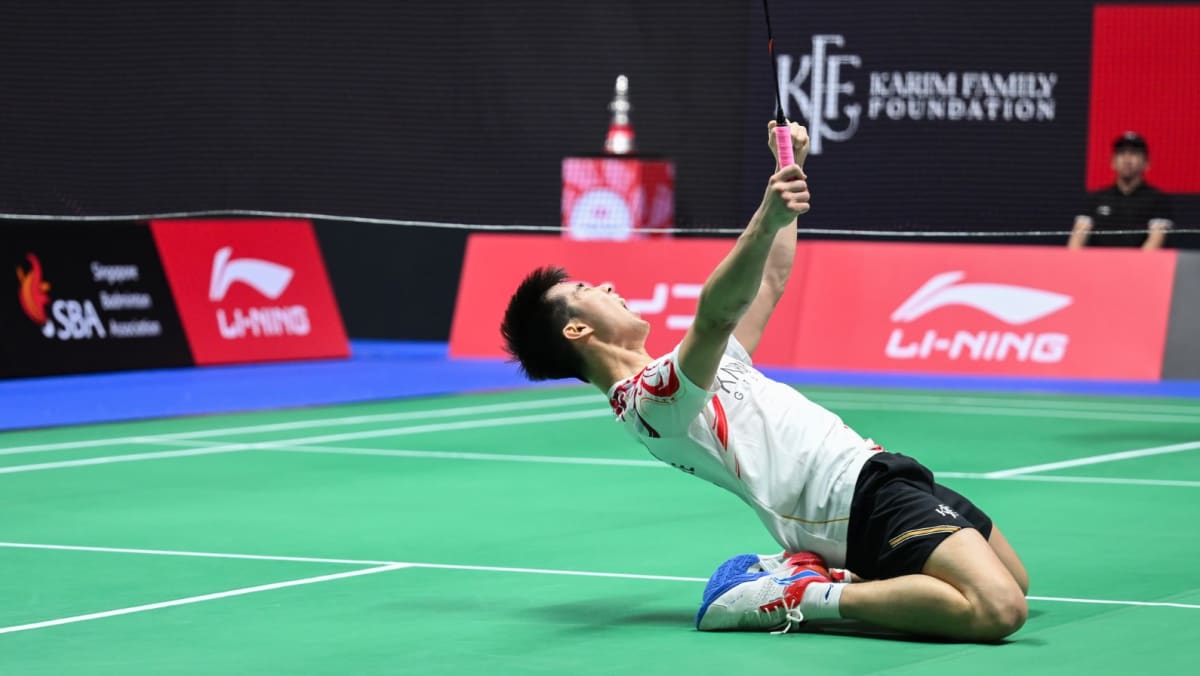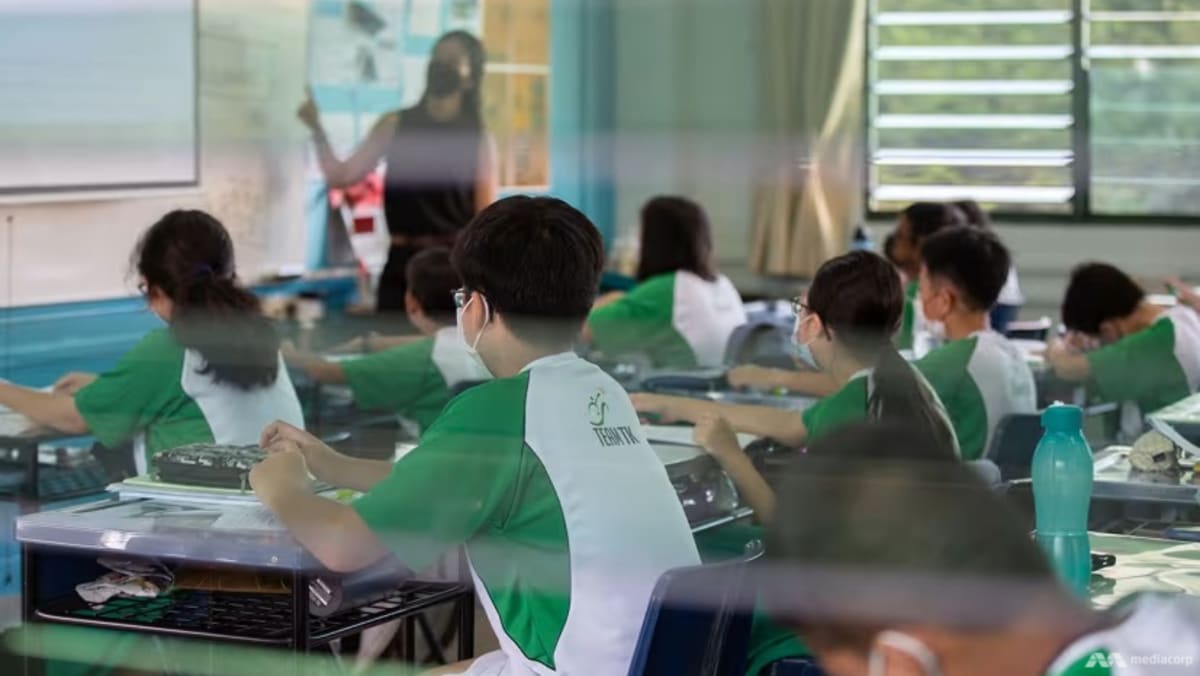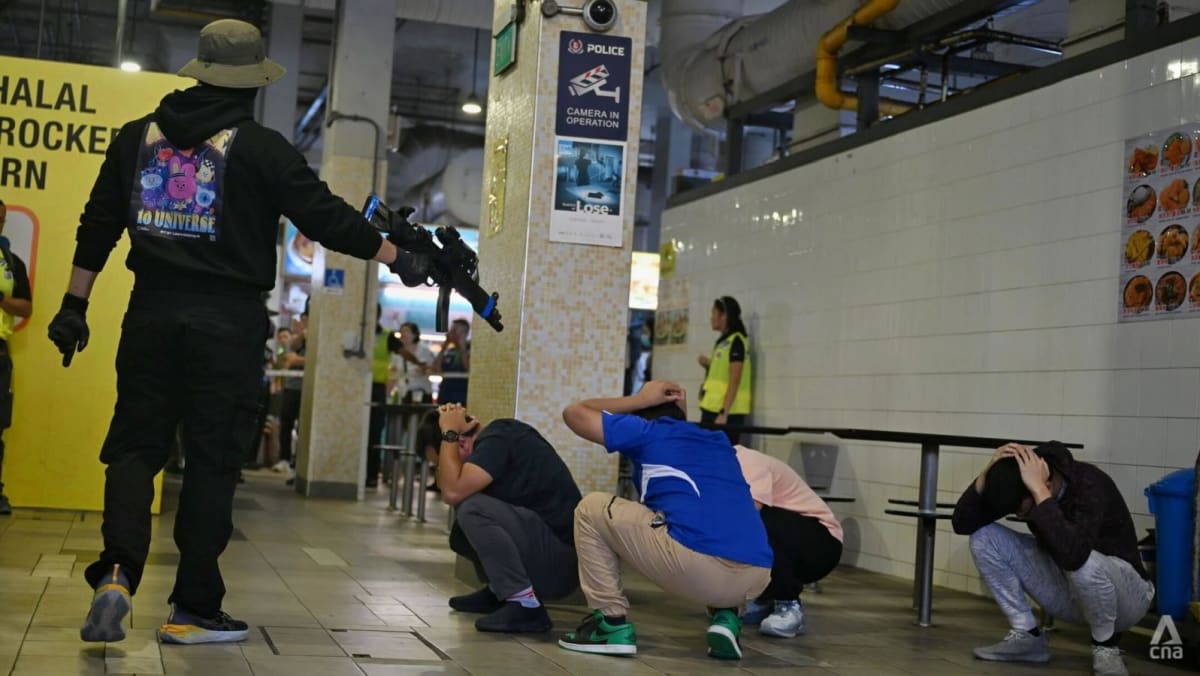He said that social media and online marketplaces have amplified the demand for such wildlife and generated interest for new entrants into the illegal trade of these animals.
He noted the ease of buying smuggled animals on social media platforms meant that consumers may or may not be aware of the legality of such pets.
“(It) becomes quite easy for them to … buy it without even a single thought. And it looks so interesting, a sugar glider or hedgehog,” said Assoc Prof Loo, pointing out that education is important to help reduce illegal demand for exotic pets.
“I think people lack the awareness that if you are buying things from the wild, you are creating a demand for them to be poached from the wild. And then they’ll be extinct.”
EDUCATING YOUTHS TO TACKLE THE ISSUE
Assoc Prof Loo said battling transnational crimes such as illegal wildlife trading also requires countries to work together.
He added that it is also important to educate youths about the illegal trade. He noted that the CITES Global Youth Network (CGYN) platform, which allows youths to study and learn about the challenges facing the wildlife trade, is a step in the right direction.
Singapore is hosting the inaugural five-day (CGYN) Summit, a forum for more than 70 youths from 53 countries, to combat illegal wildlife trade.
Minister of State for National Development Alvin Tan also emphasised the importance of international collaboration during the opening ceremony of the CGYN Summit on Tuesday.
“We don’t just work collaboratively within the Singapore government and our agencies, but we also work with our international partners, sharing findings that can help tackle poaching hot spots more effectively and curb illegal wildlife trade at source,” said Mr Tan.
Ms Steffi Tan, co-founder of CGYN, said the network provides a chance for youths worldwide to share diverse perspectives of the illegal wildlife trade and learn from each other.
“Illegal wildlife trade is an international issue, it is not one country’s burden to bear alone. There is supply and there is also demand and everything else that needs to be tackled in between, like the transit countries,” she said.
She added that international cooperation is important to address the problem, and strong networks built by youths from various countries will strengthen joint efforts to tackle the global nature of wildlife smuggling.





